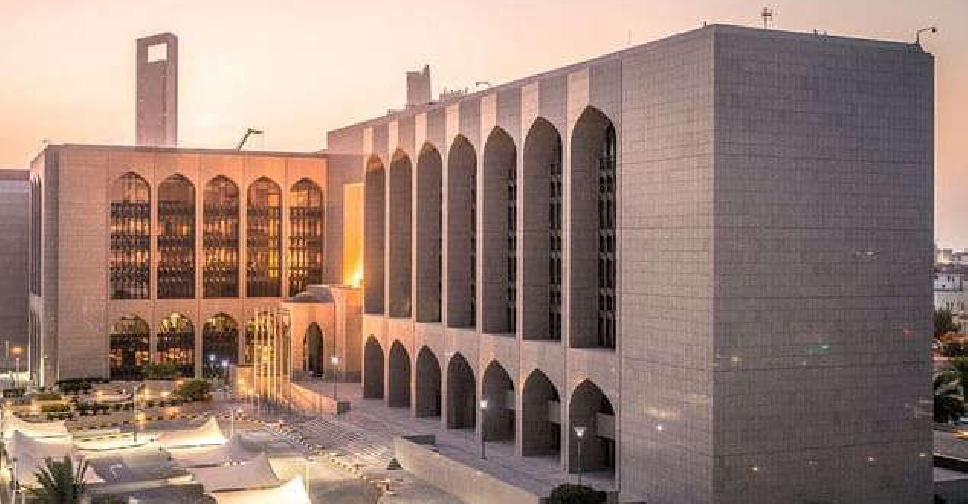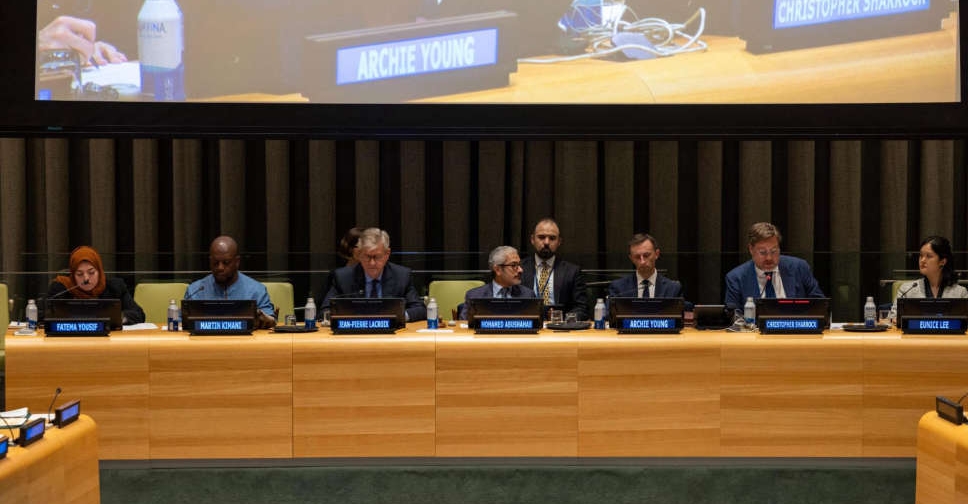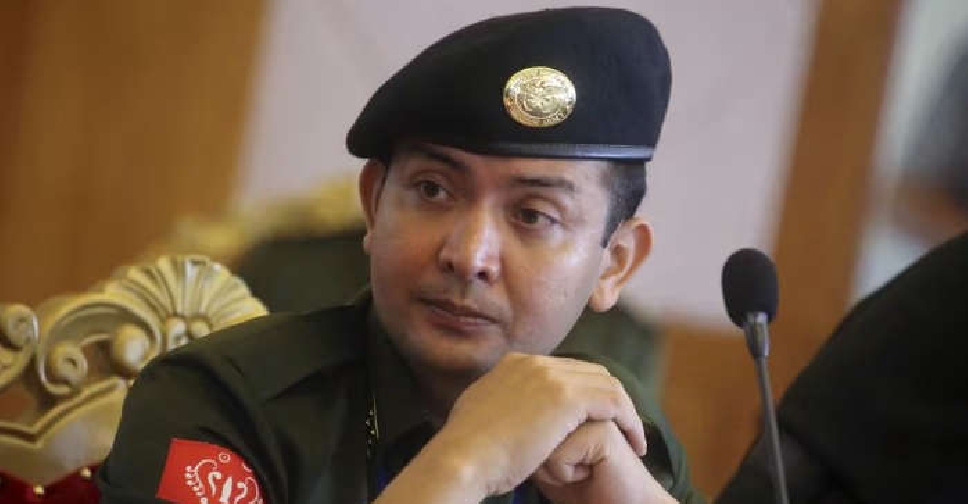
Ethnic minority insurgent groups attacked security posts in Myanmar on Monday, as fighting erupted on two new fronts, and thousands of people crossed into neighbouring India seeking safety.
Myanmar's military junta is facing its biggest test since taking power in a 2021 coup after three ethnic minority forces launched a coordinated offensive in late October, capturing some towns and military posts.
The military-installed president last week said Myanmar, a country the size of France, was at risk of breaking apart because of an ineffective response to the rebellion. The generals say they are fighting "terrorists".
One of the three allied insurgent groups, the Arakan Army (AA), which is fighting for greater autonomy in Rakhine State in western Myanmar, seized posts in the Rathedaung and Minbya areas, about 200 km apart, AA spokesman Khine Thu Kha said.
"We have conquered some posts and fighting is continuing in some other places," he said.
A resident of Rathedaung said gunfire was heard before dawn on Monday followed by hours of artillery bombardment, with the military seen blocking entrances to the area and reinforcing administrative buildings.
Fighting also broke out in Chin State, which borders India, when insurgents attacked two military camps, according to an Indian official and two sources with knowledge of the assault.
About 5,000 people from Myanmar crossed into India's Mizoram state to seek shelter from the fighting, said James Lalrinchhana, the deputy commissioner of a district on the Myanmar border.
Chin State, which had been largely peaceful for years, saw fierce fighting after the 2021 coup with thousands of residents taking up arms against the military administration.
A spokesperson for Myanmar's junta did not immediately respond to messages seeking comment on the latest fighting.
OVERSTRETCHED MILITARY
The new combat will be another blow for a junta that is increasingly stretched as armed opposition to its rule grows in scale and strength, fuelled by anger over the coup and ensuing crackdown that ended a decade of tentative democratic reforms.
The coordinated anti-junta offensive launched on October 27 in Shan State in the northeast has seen several towns and more than 100 military posts seized near the border with China.
Assaults on urban centres have also taken place in the Sagaing region in central Myanmar, to the west of Shan State, while the conflict in neighbouring Kayah State to the south led to the crash on Saturday of a fighter jet.
The rebels said they shot the aircraft down while the military said it had a technical fault.
Richard Horsey, senior Myanmar Adviser for the Crisis Group think tank, said the military had experience fighting in Rakhine State but could struggle as enemy forces probe for weaknesses in multiple areas.
"If combat persists, it will open a significant new front for the regime, which is already overstretched," he said.
"It will be hard for the regime to focus their efforts across all fronts."

 Trump urges Hamas to accept 'final proposal' for 60-day Gaza ceasefire
Trump urges Hamas to accept 'final proposal' for 60-day Gaza ceasefire
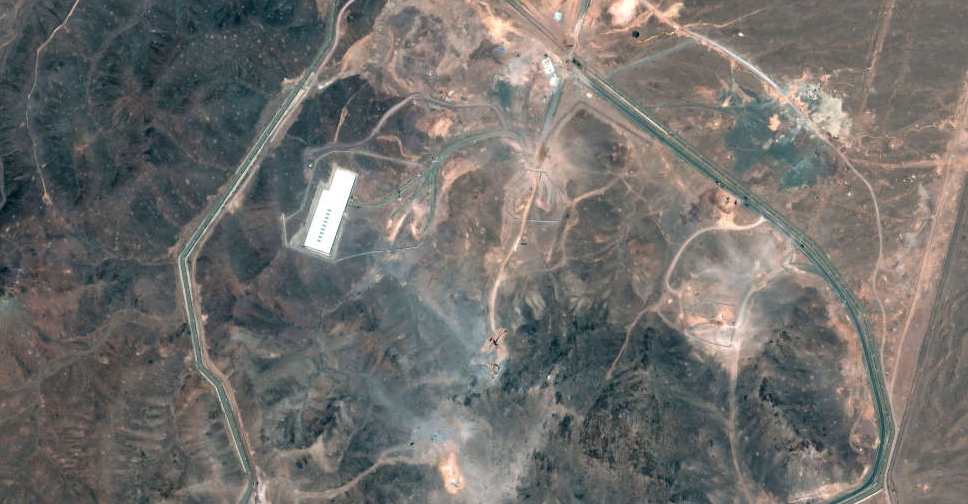 Iran enacts law suspending cooperation with UN nuclear watchdog
Iran enacts law suspending cooperation with UN nuclear watchdog
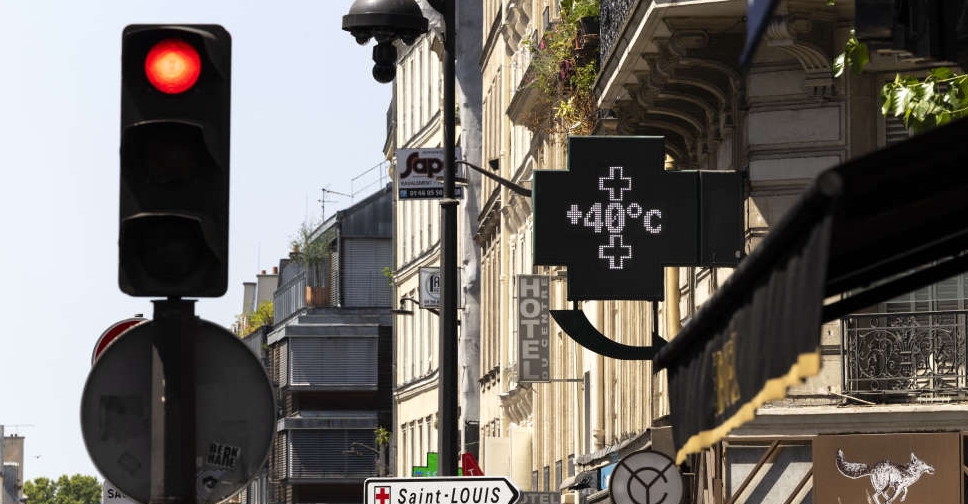 Two die in Spain wildfire, two deaths in France from European heatwave
Two die in Spain wildfire, two deaths in France from European heatwave
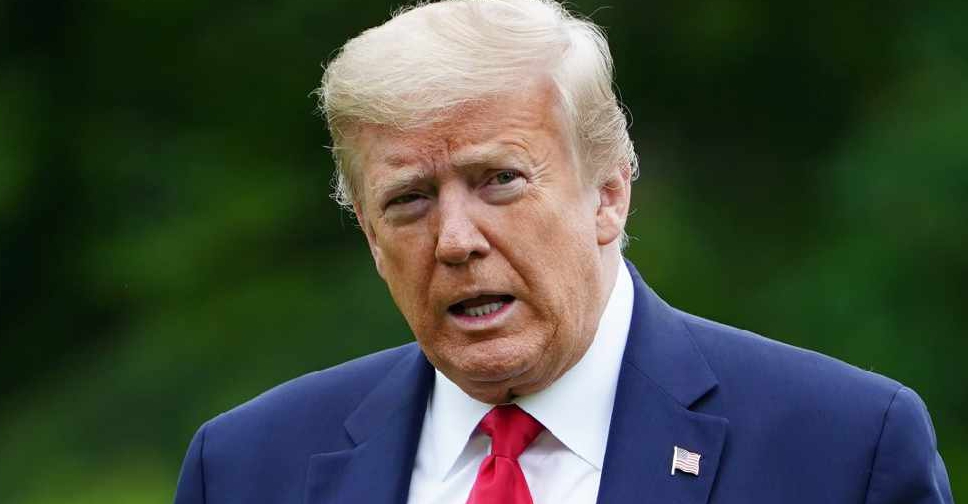 Paramount settles with Trump over '60 Minutes' interview for $16 million
Paramount settles with Trump over '60 Minutes' interview for $16 million
 Putin, Macron discuss Iran, Ukraine in first phone call in nearly 3 years
Putin, Macron discuss Iran, Ukraine in first phone call in nearly 3 years


